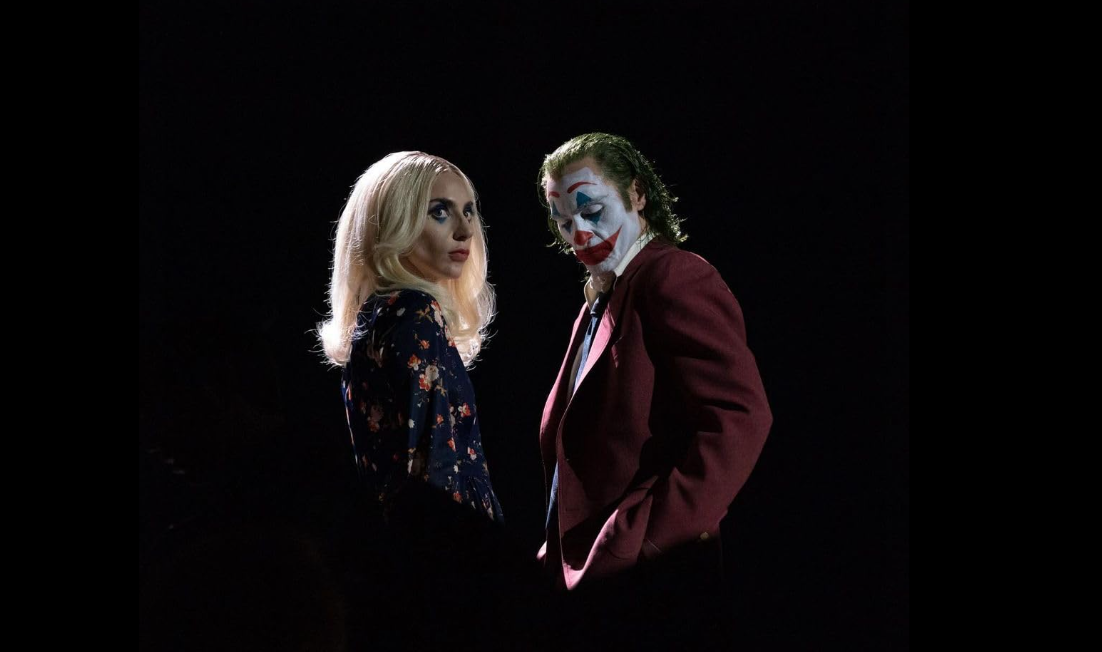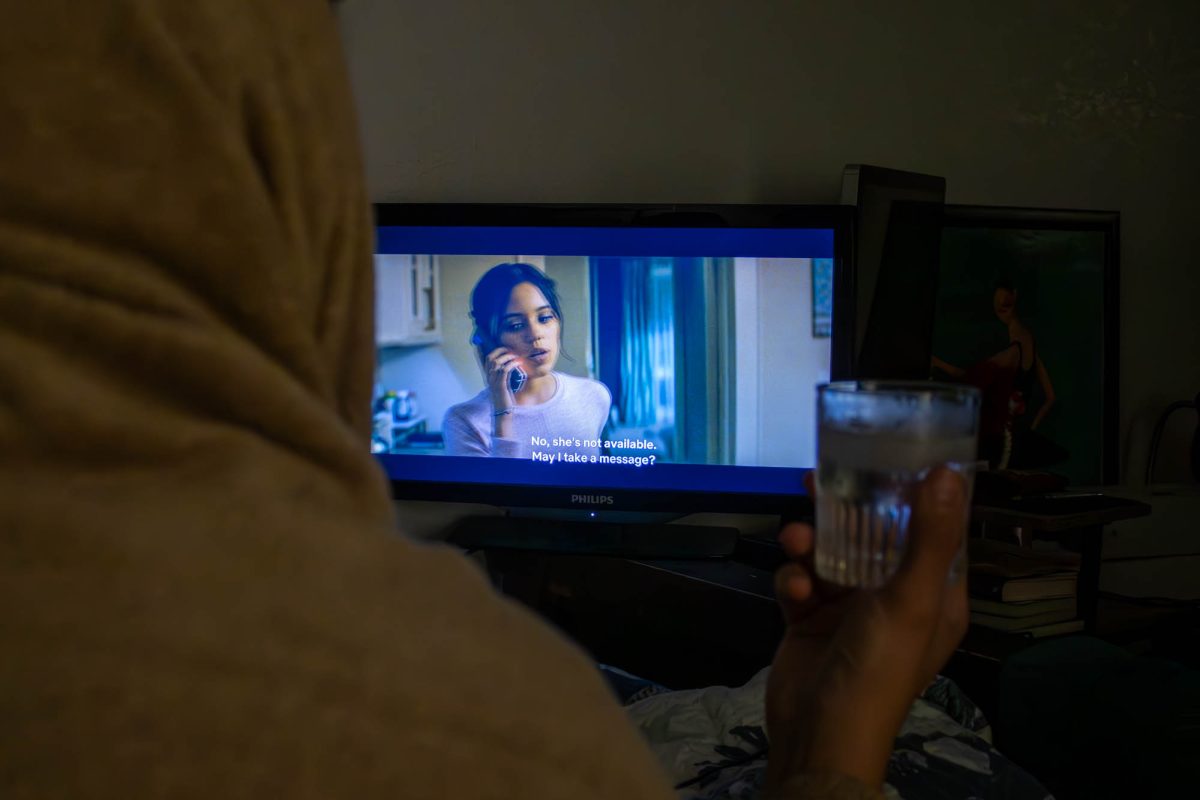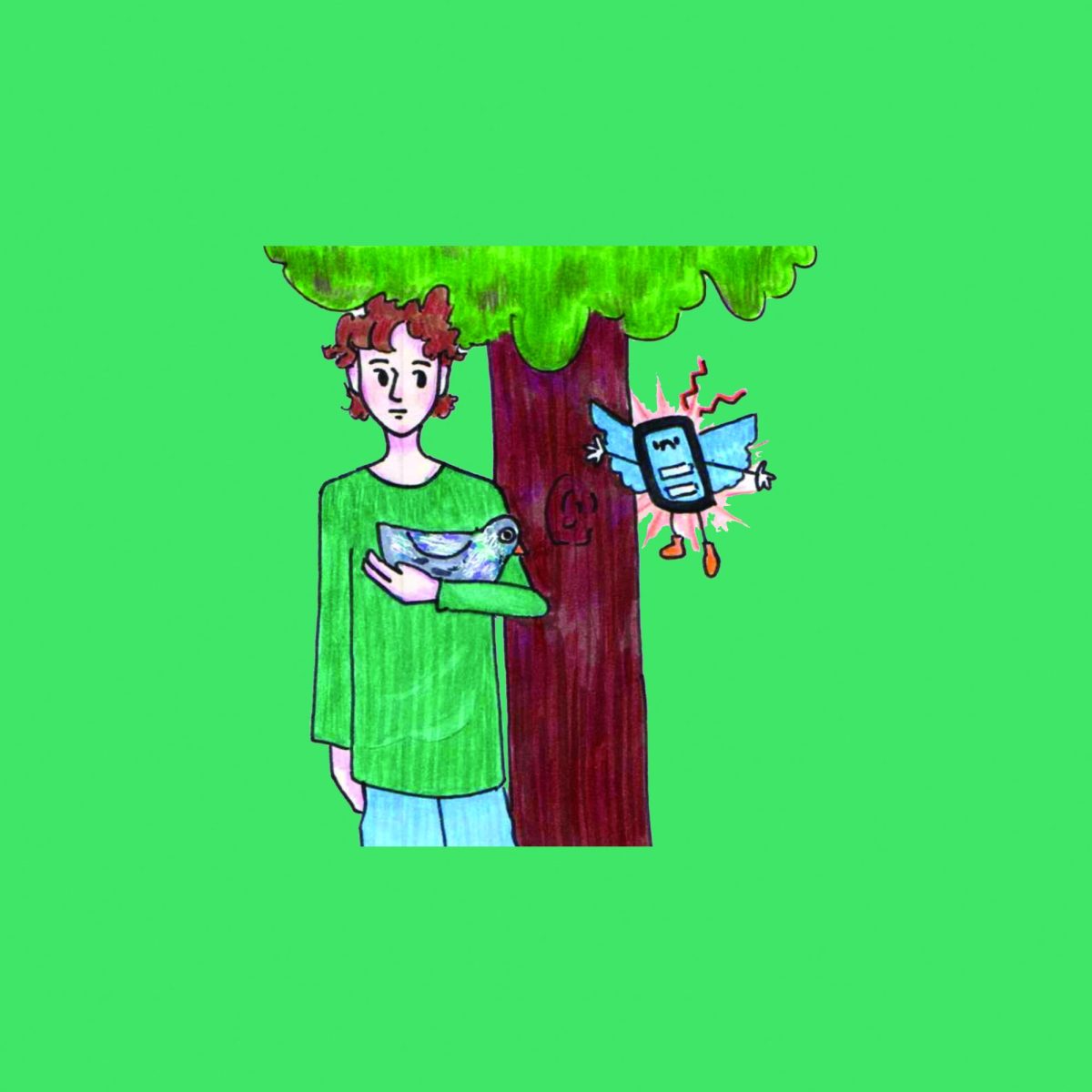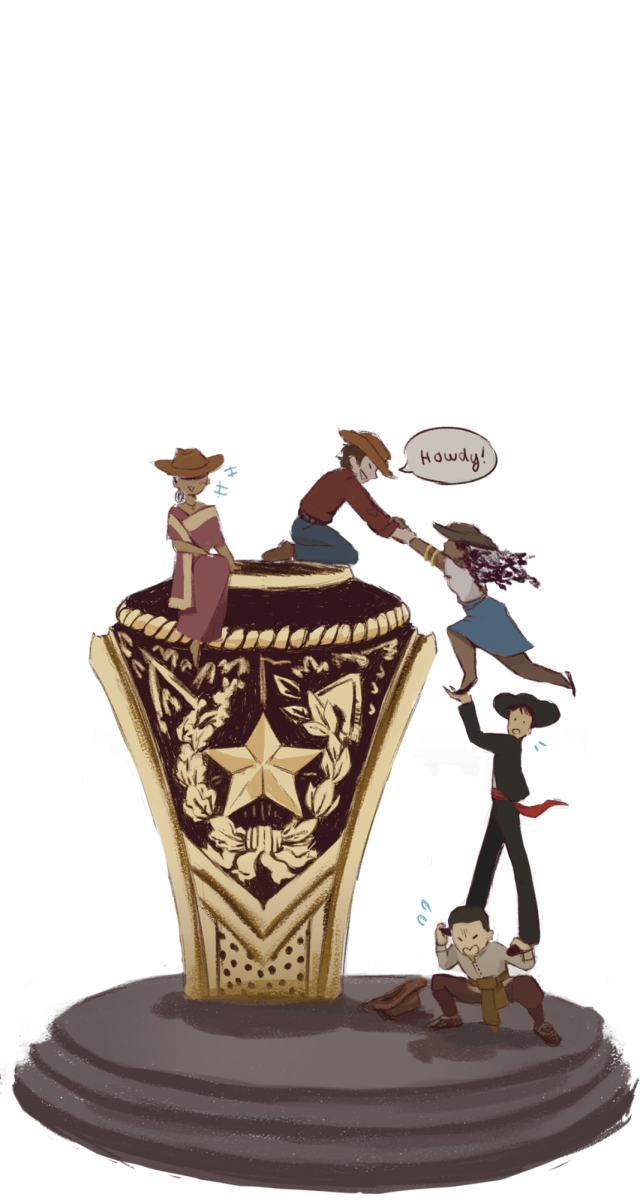In the saturated world of dreary superhero films, M. Night Shyamalan’s latest film “Glass” brought absolutely nothing new to the genre. For years, Shyamalan has directed multiple mystery thrillers, each more cliche than the last. In 2016, Shyamalan released a sequel, “Split,” to his immensely popular 2000 film, “Unbreakable.” In “Glass,” Shyamalan has forcibly spliced together each of the plotlines of these previous films for an uninspired trilogy conclusion.
When “Unbreakable” came out in 2000, its “realistic” approach to a superhero story was still relatively fresh, so the film, despite its overall lack of quality, didn’t appear as recycled material. Modern American cinema is dominated by comic book adaptations and superhero films, so it is surprising that Shyamalan would attempt to direct even one sequel to this film. The lack of originality remains a forefront theme throughout the film. However, “Glass” has a sense of smug self-awareness that attempts to justify Shyamalan’s lack of creativity.
The biggest pitfall of the film is that as the film progresses, each of the characters explicitly predict the tropes of the superhero genre and constantly apply it to the plot of the film. Shyamalan clearly believes that he must justify every cliche he writes into the film just to let the audience know that he is self consciously including each of the overused tropes throughout the film. However, simple awareness of genre cliches does not justify the dull use of the them throughout the film. It is not surprising that Shyamalan could not adapt the aspects of the genre as, at least thus far in short history of superhero films, no director has been able to find the balance of creativity while using the necessary facets of the superhero genre.
Not only does “Glass” not add anything to the trite world of superhero films, Shyamalan couldn’t even add anything new to the cinematic universe he created. James McAvoy, who plays The Horde, single-handedly made “Split” watchable, but Shyamalan heavily restricts his range of performance by attempting to unnecessarily distribute screen time across each character. Also, Anya Taylor-Joy, who plays Casey Cooke, feel out of place throughout the film. Shyamalan simply uses her as a mechanism in his attempt to forcibly unite his previous work. Each of the characters are shells of their previous development, even though their development wasn’t even that deep to begin with.
This film will only appeal to fans who have blindly stuck by Shyamalan since the relative popularity of “The Sixth Sense” and “Unbreakable” nearly 20 years ago. With every film that Shyamalan has written or directed since then, it seems that he is purposely attempting to lose his own fans. As he advances in his career, it is undoubtedly clear that he is under the impression he is creating fully original work, and “Glass” is no exception. The screenplay is riddled with oddly pretentious, pompous dialog that serves as nothing more than proof of his absurd, egocentric belief that he is a talented filmmaker.
In this era of American cinema, it is not surprising that another uninspired superhero film has been unnecessarily thrown in the mass grave that is the genre, but “Glass” still manages to lower the standard. Hopefully at some point in the near future genre film will begin to move back to its B-film roots and truly embrace the bizarre aspects ingrained within. Until then, continue to expect unoriginal superhero films such as “Glass” to litter multiplexes across the country.
Rating: 1/5
“Glass” is a drab conclusion to a mediocre trilogy
January 31, 2019
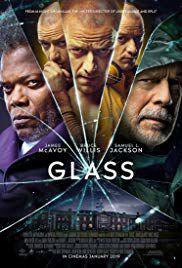
Photo by Via IMDb.com
Glass
0
Donate to The Battalion
Your donation will support the student journalists of Texas A&M University - College Station. Your contribution will allow us to purchase equipment and cover our annual website hosting costs.



